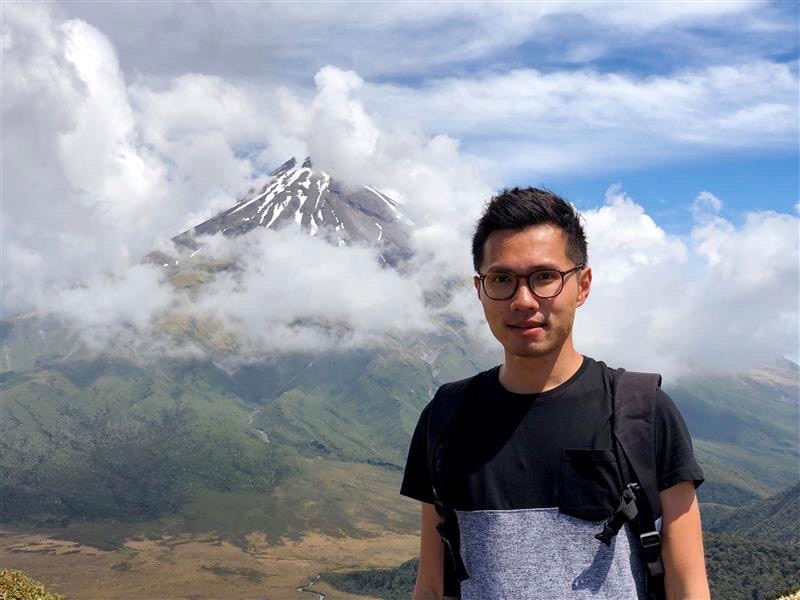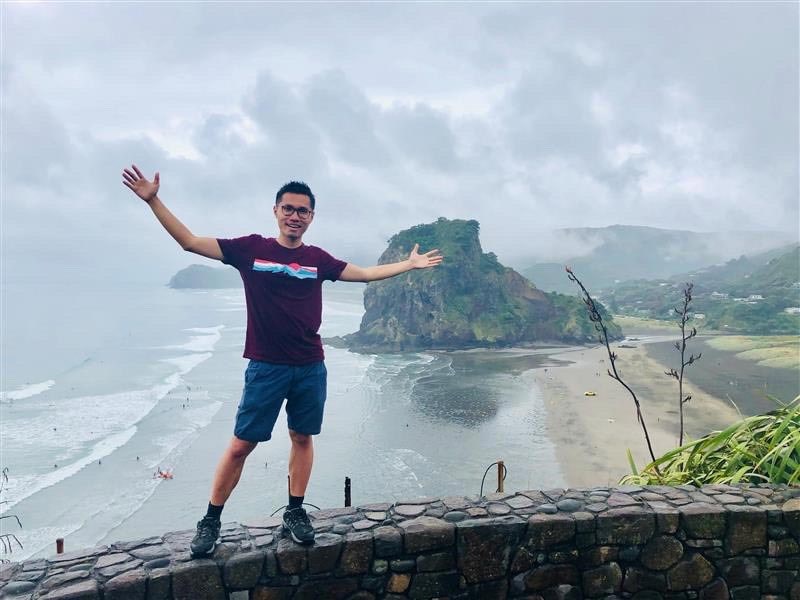Meet Wenjie Cai,
Senior Lecturer in Tourism and Hospitality. Wenjie's area of expertise and research interests include intercultural communication, social inclusion, consumer behaviours, mobilities studies, ICT in tourism, backpacker tourism, qualitative research methods, and Chinese outbound tourism.

Your research paper digital-free travel went viral. What do you think influences the success of research paper?
When we worked on this project, we never expect it would attract so much attention. We simply love the research topic, and annoyed that people are missing out so much when they are on their mobile phones all the time on holiday. Both articles in digital-free travel published in world-leading journals in the field, which provides rigorous scientific proof of this under-researched topic. I think we all live in a very tech-savvy world, and more and more people start the experience the dark side of technology. When people go on holiday, they want to make the most of it – spending valuable time with friends and families, immersing with the surrounding environment, and engaging with local customs. Many of us can relate to one or two scenarios that they are frustrated about non-stop emails from work, or travel companions are occupied by technologies on holiday. Especially nowadays wellbeing is such a hot topic.
The success is also attributed to the great work from the University of Greenwich's marketing communication team. We work closely together to 'translate' the academic language into a more accessible version for the general public.
How do you choose topics to research?
I love the research because I am one of the victims that being a 'slave' of digital technology when holiday, and that is one of the key motivations to conduct this study. During the data collection, I realised that so many suffered the similar issues as me, and I am glad my research can provide some insights for them, and encourage more people to try to turn off their mobile devices on holiday. Recently, I am being contacted by a start-up business who is interested to operate a digital-free idea, and we are working on a project to transfer the knowledge of these studies into experience design.
As a social scientist, most of my research projects are inspired by analysing 'who am I' and 'how I see the world'. So far, most of the studies formed a journey of understanding my different identities (as a Chinese, as a backpacker, as a qualitative researcher, as a tech-savvy person).
But in these two years, I believe as academics, we have much bigger responsibilities to use our studies to transform the world.
I started to engage in studies that challenge social norms and knowledge constructions, as well as addressing issues of vulnerable. I am keen on issues in social inclusion and wellbeing, and I hope my research can make the world a better place.
Do you collaborate with students whilst doing your research?
I do! I think in our department, we have a good tradition of publishing with our students, which is very rare in other institutions. The second article of the digital-free travel is based on a BA Tourism student's dissertation. I am currently also having an article in the second round review with my previous undergraduate student. I also work on converting a master student's work into a journal publication. Every year, we have some very good dissertations, and we would like to have it seen by more academic peers.

What's it like to be an academic? Do you have a daily routine?
As an academic, my life is very busy but rewarding. I have one routine during the term time, and another routine for the rest of time. During the term time, lots of time will be devoted to the teaching-related task, such as preparing and delivering sessions, marking, supervising dissertations and PhD students, meeting with personal tutees. I also make sure I spend enough time to conduct research. When the term is over, my days will be occupied by research activities. This includes writing articles, collecting data, responding to reviewer and editors' comments, public engagement, presenting research in academic conferences, peer-reviewing journal articles, editing special issues, applying research grants (and more!). As an Early Career Researcher, I want to work hard to establish my research profile. As academics, we have the benefits to be flexible about our schedule, but sometimes the flexibilities lead to blurred boundaries between work and life, and I found myself working a lot in evenings and weekend recently, which I find guilty to my wellbeing, and I am trying to minimise to have a more balanced lifestyle.
As a tourism academic and a backpacker, myself, I also find enjoyment and inspiration for new research in travelling. I hope I can travel soon after the pandemic is over.
You can find this
and many more articles about tourism and hospitality here:
https://www.researchgate.net/profile/Wenjie_Cai7
If there is an area or academic, you would like to find more information on within the Business School contact us to create an "in Focus" for you! busmarkcoms@gre.ac.uk
Follow us on social and see & hear other stories from our students & academics

